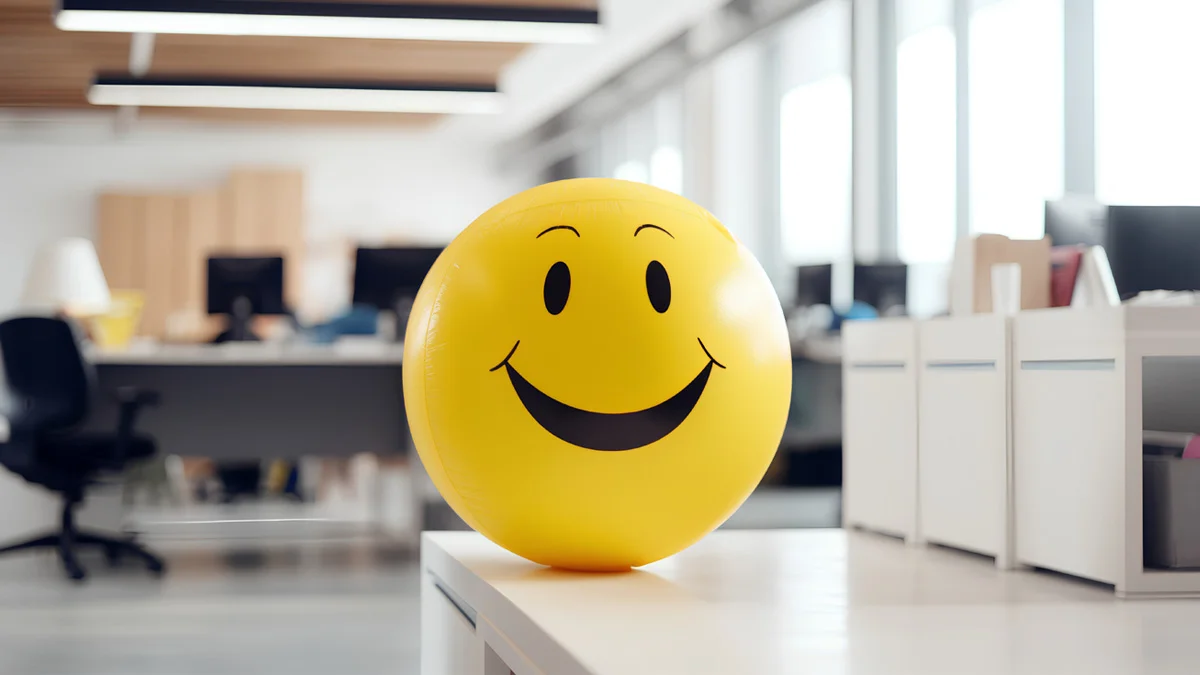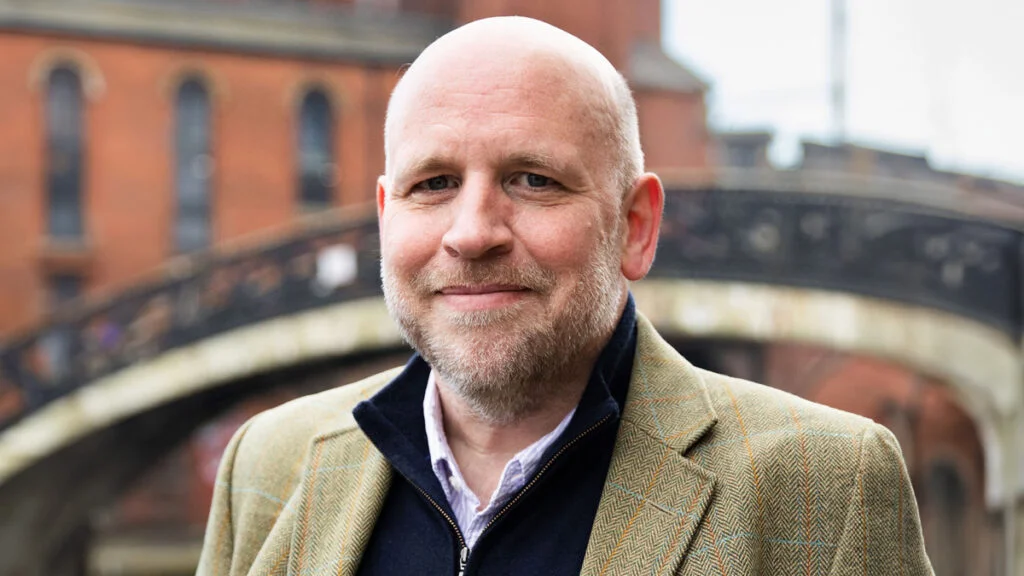
Tight deadlines, heavy workloads, long hours, toxic cultures, lack of recognition, insufficient psychological safety, and uncertainties about job security and finances have long been blamed for workplace mental health issues.
This is a big issue for the UK. It is estimated that mental ill health (not all of which is caused by working, of course) costs the UK £300bn a year when the impact on the economy, health and care, reduced quality of life and wellbeing are considered.
And wellbeing among the workforce is declining. A survey by employee engagement firm Inpulse found that wellbeing levels have dropped from 73 per cent in 2020 to 66 per cent in 2023. The index measures five elements of wellbeing: work/life balance, support, workload, connection and mental health.
This has an obvious impact on businesses. The latest Health and Wellbeing at Work report from the Chartered Institute of Personnel and Development found that sickness rates are at their highest in more than a decade, with employees averaging 7.8 days off per year, up from 5.8 days pre-pandemic. More than three-quarters (78 per cent) of companies reported stress-related absence in 2023, with that figure rising to 92 per cent among companies with more than 250 employees.
We take a look at five companies and how they are addressing workplace wellbeing:
Addressing absenteeism through flexibility
Tyler Grange is an environmental consultancy and a certified B Corp. It noticed a rise in absenteeism among staff that it wanted to address. To do that, it collaborated with psychologists to get to the root cause of the issue, and drew inspiration from outside business, including sport and the military, to overhaul its work culture.

This included introducing hybrid working and a four-day working week that means none of its team work on Fridays but have maintained their pay and benefits. It also offers what its founder, Simon Ursell, calls “highly individualised support”, as well as expert-led mental health support.
Over 40 weeks, Ursell says its changes resulted in a 76 per cent drop in absenteeism and a more productive workforce. Common wellness initiatives, like mindfulness apps, mental health first aiders and in-office massages, are little more than tokenism, according to Ursell.
Mental health needs are specific and individual, and they should be addressed as such with tailored approaches that meet the needs of each employee.
Simon Ursell, Tyler Grange
He suggests that other mid-sized businesses can replicate its success by encouraging management to think innovatively and seek out experts who can provide support.
Mental health days
Many mid-sized companies may think that due to budget constraints, some of the best wellbeing offerings are beyond them. Alex Ugarte, operations manager at the property company London Office Space, disagrees. He believes companies can achieve significant results through culture-centric initiatives like flexible working.
“Employees can work when they feel most alert and balanced, which has been particularly welcomed by the early birds and night owls that make up our ranks,” he says. “Flexible work hours have resulted in reduced absenteeism and the occurrence of burnout warning signs.”
The company has also introduced mental health days, where staff can take days off to look after their mental health, much as they would with sickness. This has led to a reduction in reported stress levels and other sick leave.
One employee, Clare, says: “Having the option to take mental health days has been incredibly empowering. It’s reassuring to know that my wellbeing is seen as a priority and that I’m able to take time to recharge without fear of judgment. It’s genuinely made a big difference in how I approach my work and manage stress.”
Strategic role development
Another way companies are improving mental health is by creating new roles designed to prioritise employee wellbeing. For example, MoneyPlus, a debt advice organisation with 600 employees, has a dedicated position aimed solely at nurturing mental health. This role, as well as a mental health and wellbeing counsellor, provides support to both employees and customers.
“This works in two ways, by supporting the customer with immediate emotional support and appropriate signposting, while also supporting the agent by relieving them of the pressure of any conversation that may stretch the limits of their training,” says the company's CEO Chris Davis.

Taking the long view
Understanding what works is essential, but equally significant is acknowledging what doesn't.
Ivan Hollingsworth, founder of Centric Consultants, notes that although many firms offer positivity initiatives and mental health benefits to attract talent, surface-level perks like wellness apps or pizza Fridays don't address toxic workplace cultures.
“What employees really want is meaningful connection and to feel psychologically safe knowing that their colleagues and leadership support them,” he says.

He proposes integrating 'check-ins' into regular meetings to foster connection and measuring engagement within people and culture policies to enhance workplace wellbeing. Despite lacking the budgets of large firms, mid-sized businesses can implement effective mental health initiatives without significant spending, as even simple adjustments can have a substantial impact.
Lesley Cooper, founder and CEO of workplace consultancy WorkingWell, also underscores the advantages of mid-sized companies. She contrasts them with larger firms, where buffet-style interventions may only provide temporary relief from stress.
“Smaller companies have scope to work in a more targeted way to understand the sources of workplace pressure, as well as make small adjustments to the way they deploy their personal and team resources in response to external pressures,” she says.
Cooper highlights the unique ability of smaller companies to address workplace pressures in a targeted and sustainable manner, fostering employee agency in preventing burnout rather than merely offering surface-level wellbeing services.

Despite the heightened attention to well-being during the pandemic, Petra Velzeboer, CEO of mental health consultancy PVL, notes a concerning trend: many companies have regressed rather than progressed. She explains that creating happy employees involves prioritising reflection, building trust and understanding that happiness is not solely the responsibility of the organisation.
“They are, however, responsible for helping to create the conditions where happiness may occur more frequently, such as fulfilment, safety and aligning the right people to the right roles,” she says.
Drawing on the #LittleByLittle theme, Velzeboer, advocates for incremental progress, concluding: “One small step each month builds into many steps over the years.”
Related and recommended
The Olympic cycling champion has brought lessons from his time in sport to his work in business
How do you build a company culture that nurtures game-changing ideas? Start with mindset, feedback and failure
The auto industry entrepreneur believes smart pivots can be the start button to fire up business success
Knowing how to get agreement between two parties is key in business. Two experts who have dealt with life-and-death negotiations offer their insight

